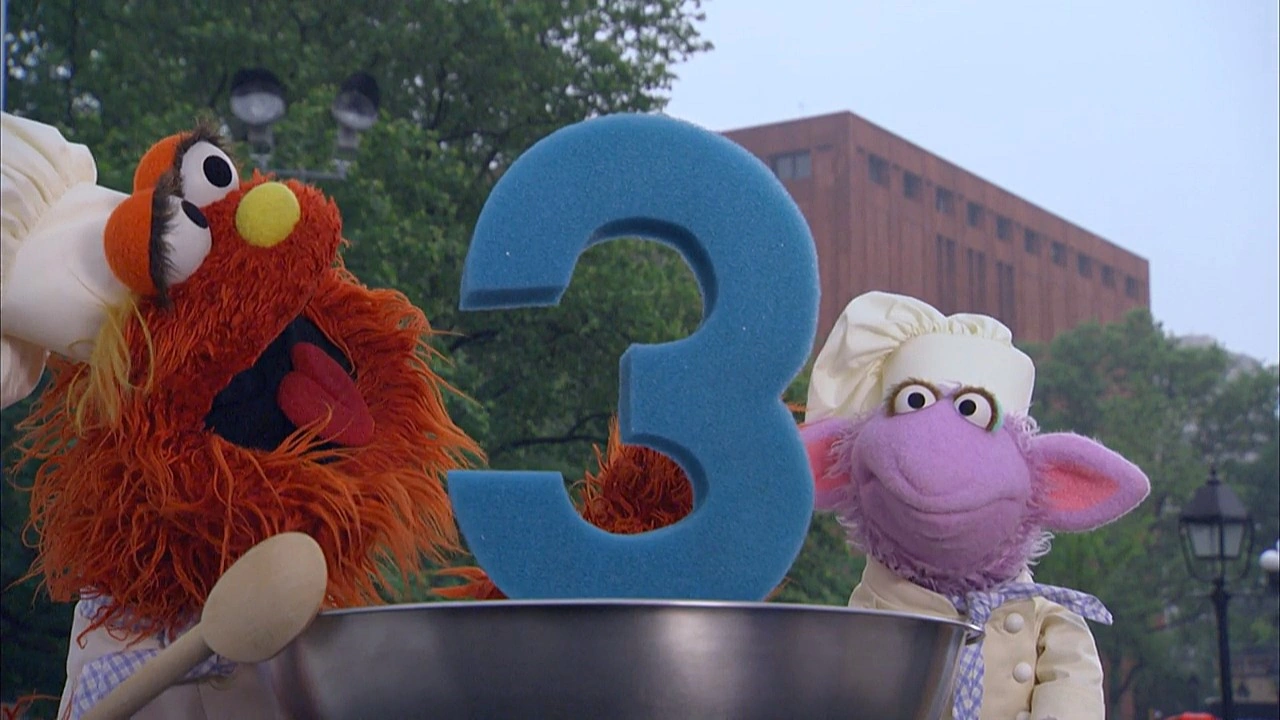Sometimes Egypt is Egypt (1). Sometimes it is metaphor: metaphor for any human power structure, in any age, human power structures that operate contrary to God’s intentions(2). Sometimes Egypt is a kind of euphemism, it might say Cairo, what it is referring to is Babylon or Rome (3). It can be all three in one paragraph of the Bible. Regardless, the reference isn’t usually a delight. When the holy family flee from Judea to Egypt it isn’t something that the knowledgeable hearer understands as a good thing. It is leaping from the fire to the frying pan.
The story of Joseph is the longest and perhaps most detailed of all the sagas of Genesis. That 2-hour musical barely scratched the surface. The coat of stellar beauty and value stokes his brothers’ jealousy so fiercely that while they are deciding which sin to commit against him, Joseph is abducted and sold into enslavement in Egypt. Most of the story isn’t much of a virtuous example, that is why it made a good musical. God does not speak from a bush or come to anyone in a dream. God is only given a few directly attributed actions in the whole saga. Yet this is sacred scripture, a story given lots of precious parchment. Why?
Part of the story it is telling is ‘how we became refugees’. Jacob and Leah and Rachel and Joseph and his brothers dwell somewhere in what today we know as Syria and Israel and Palestine. The twelve tribes of Israel - Jacob’s sacred renaming - are from there - so how did the primordial story of faith become their liberation from enslavement in Egypt? What the saga of Joseph tells us is that it is because of a mixture of soul-selling misbehavior topped off with natural disasters of drought and famine. 1. Some of that is a straightforward morality tale. 2. Some of that is metaphor. 3. Some of that is geo-politics; some of that is all three at the same time.
Here today in this critical slice of the Joseph saga we have a deeply sacred story about the easy path of wrong choices that lead to disaster, and the long journey of truth and reconciliation: both on earth with each other, and in eternity with God. Has there ever been a moment in your life where you were stunned by a reconciliation as Joseph and his brothers were? How do you notice God leading you and your neighbor towards such mercy?
This week I hope you find a bible, or a children’s bible and revisit the saga. I hope you notice and reflect on something unusual about Joseph. 1. He is spoken of as Abba -like when Jesus says Abba - that friendly name for fathers and God. 2. He is referred to as lord - one who is in charge of the activities of an area. 3. He is even called a ruler, because he is one. Father, Lord, Ruler: lets say FLR. FLR should remind you a bit of the way scripture describes the one God of the Universe.
The brother's relationship with this FLR was dismissive and dysfunctional, and at the start, consistently turned away from love and fidelity towards FLR. And here now - this FLR stands in tremendous earthly authority: and forgives. This FLR is overcome with emotion, he cries. Joseph - this FLR - acts toward reconciliation and acts toward feeding and acts directly to welcome his wayward brothers.
Perhaps this drama-dey saga of Joseph is also a type of sacred contemplation about God and his mercy. In this wondering, God acts with and through everyday means and encounters: dreams opportunities failures droughts and motivations. God keeps working and leading the family of humanity even when our choices are contrary to what God intends. God’s frustration with his people is not without warrant, yet God’s steadfast love for humanity, the tears of mercy and compassion, the delights of reunion and reconciliation those have no end.
August 16, 2020
CCRP
%2C_ca._1814_(CH_18430035).jpg/800px-Scenic_-_Panels%2C_%22Les_Francais_en_Egypte%22_(French_in_Egypt)%2C_ca._1814_(CH_18430035).jpg)

No comments:
Post a Comment